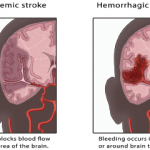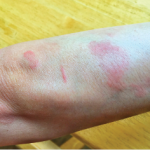Stroke and transient ischemia are the most common cerebrovascular events in lupus patients, and a new study has found most of these occurrences can be attributed to lupus itself rather than other causes. The study, published in the October 2018 issue of Arthritis Care & Research, looked at the frequency, association and outcomes of cerebrovascular…








